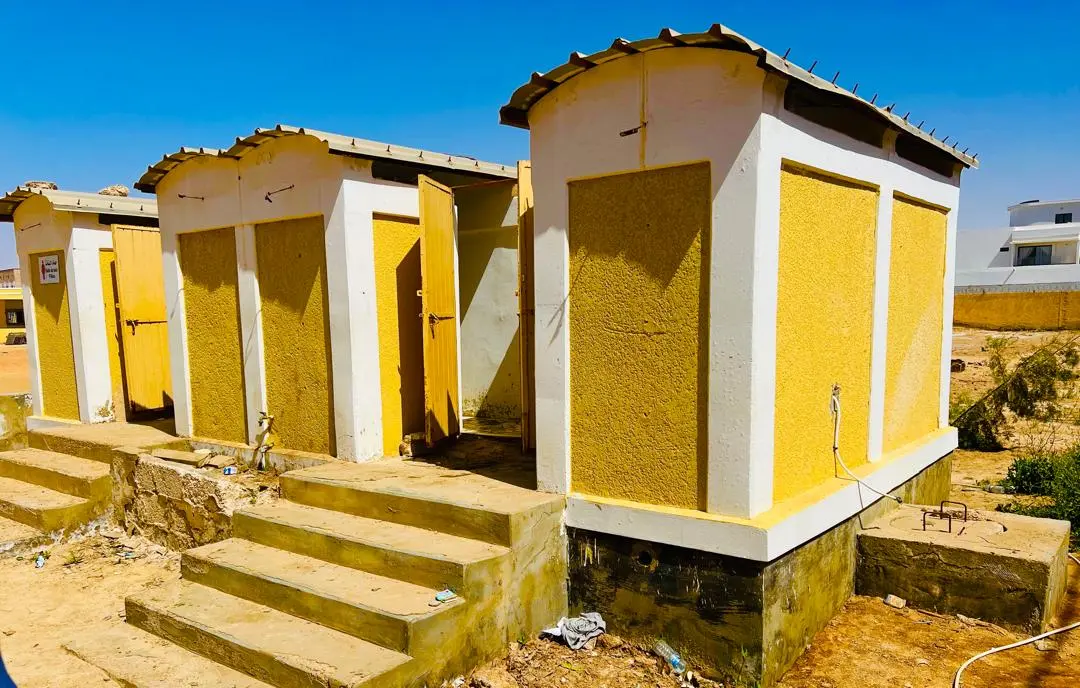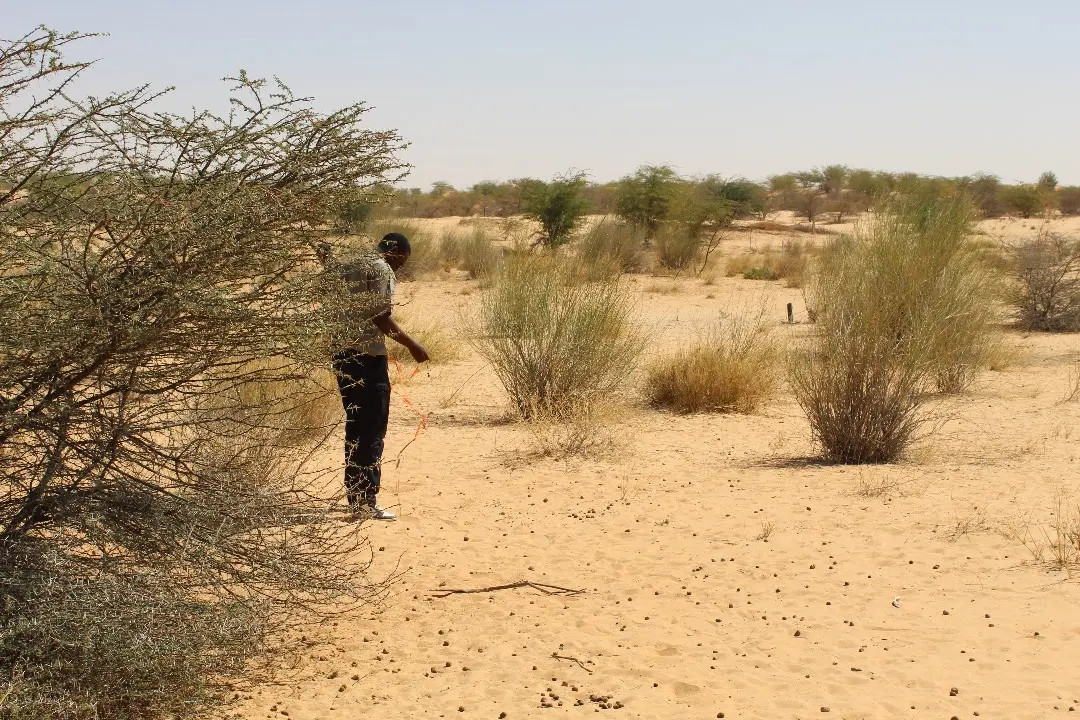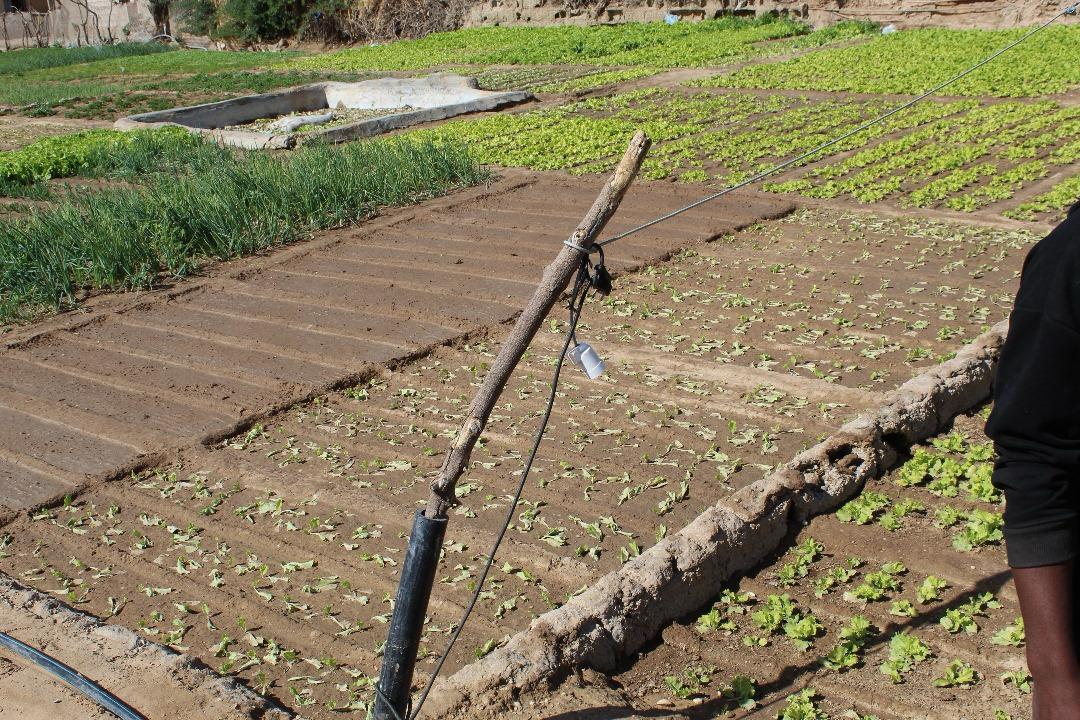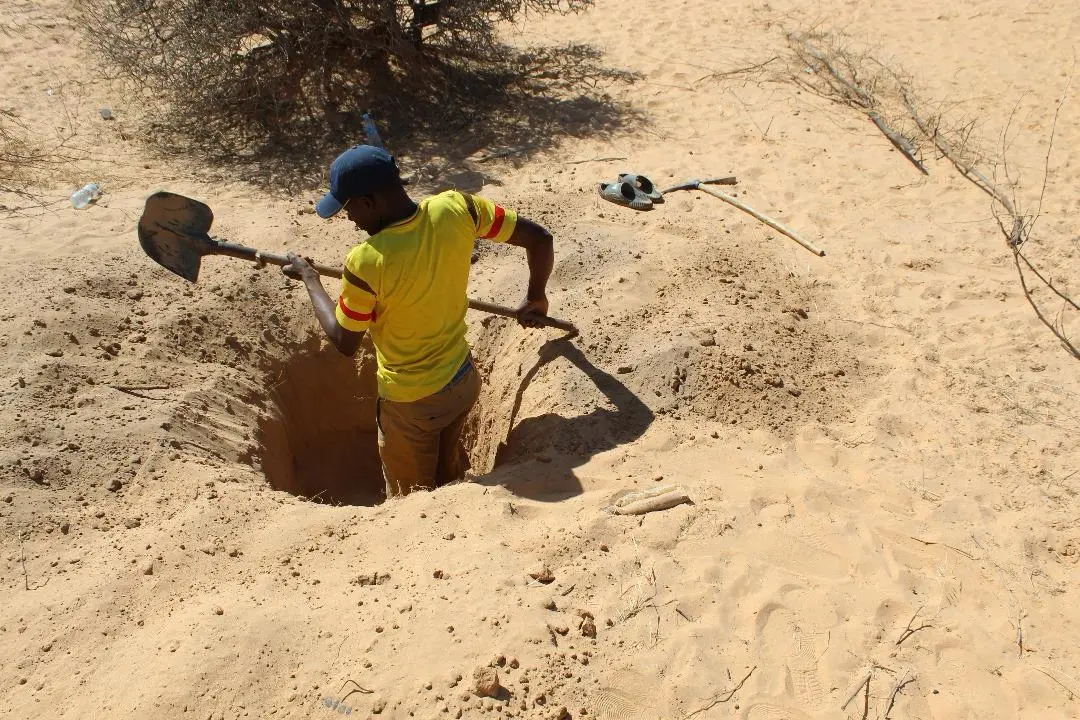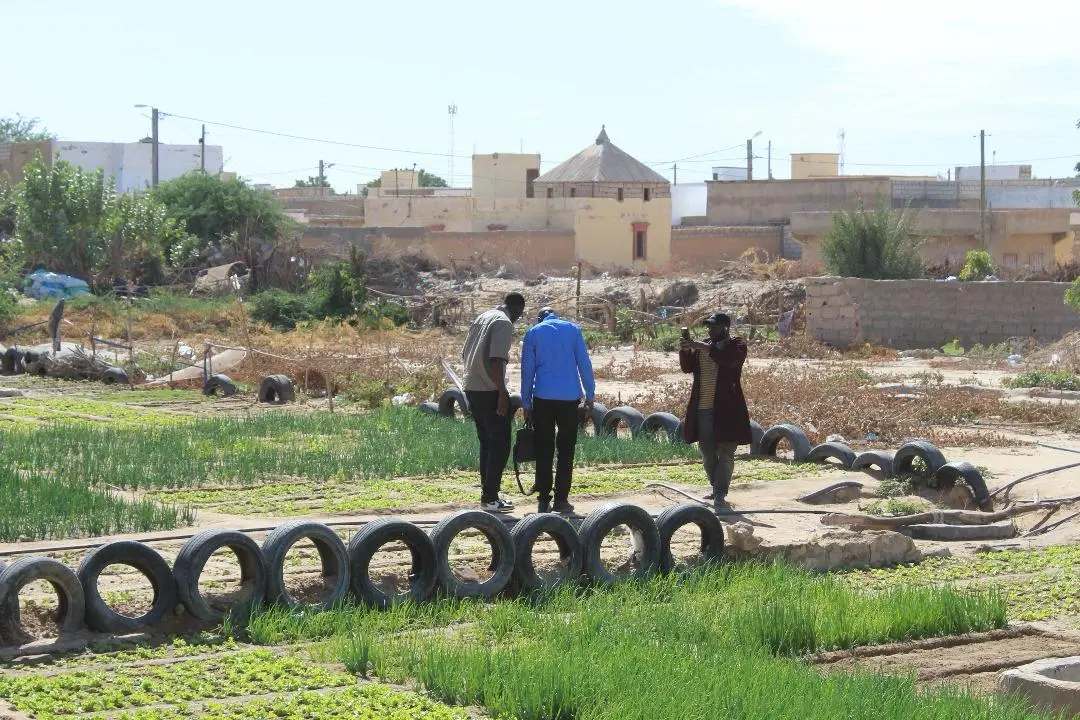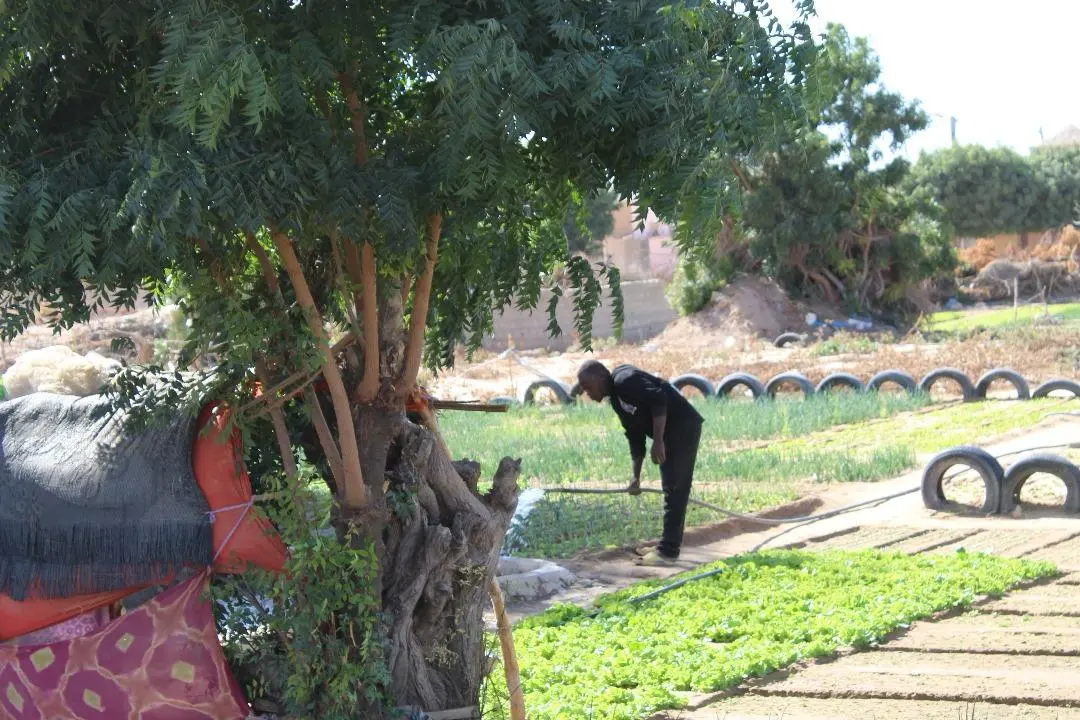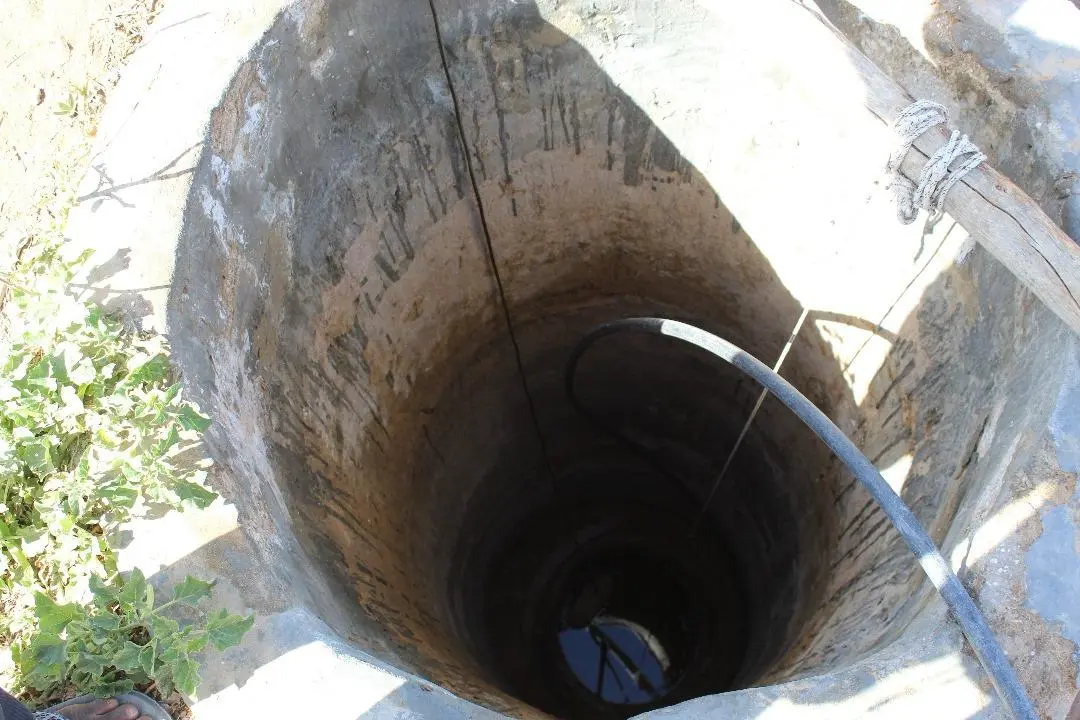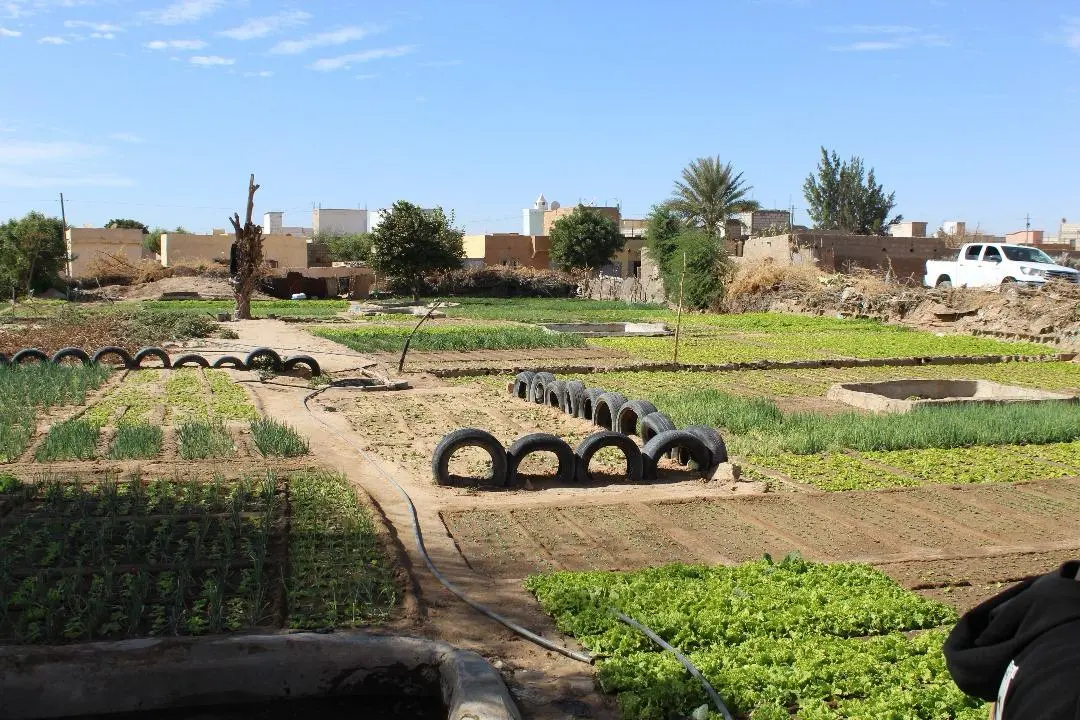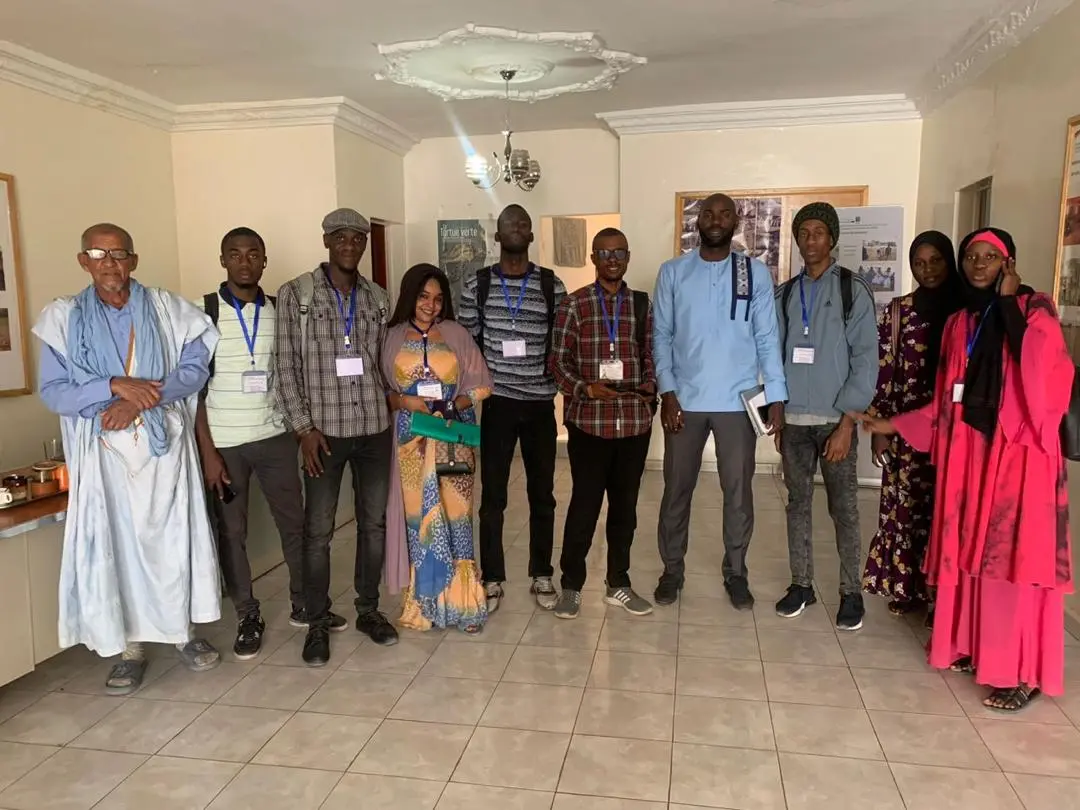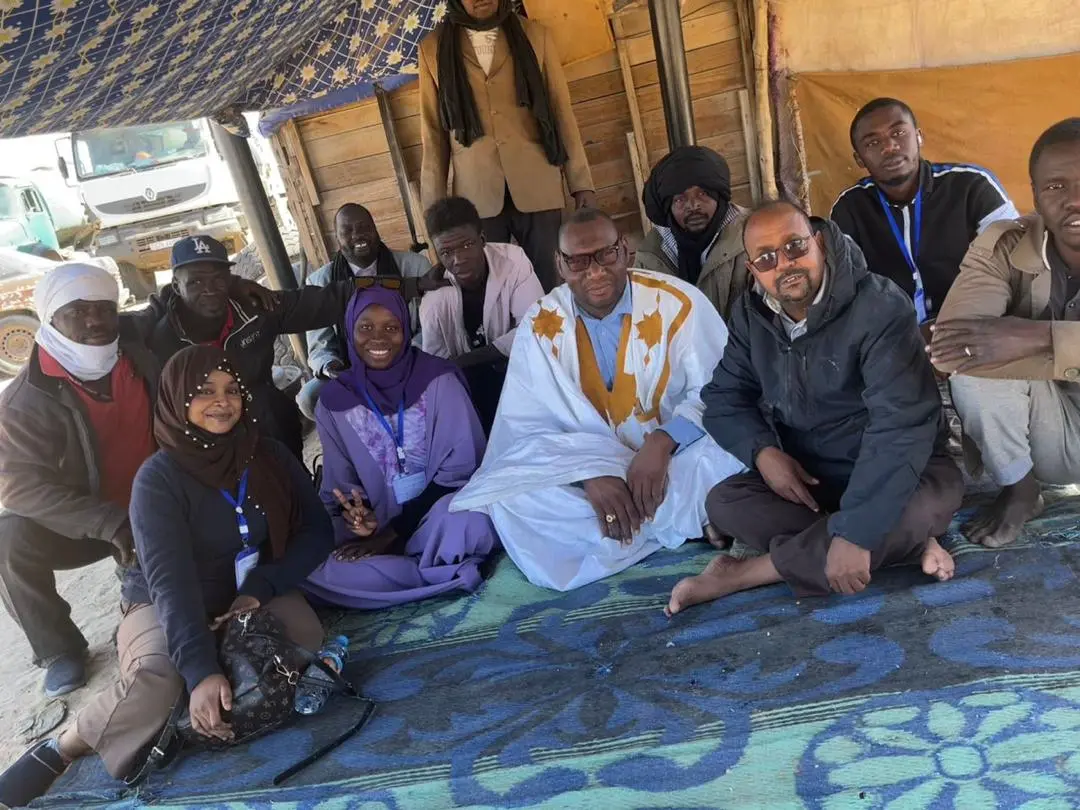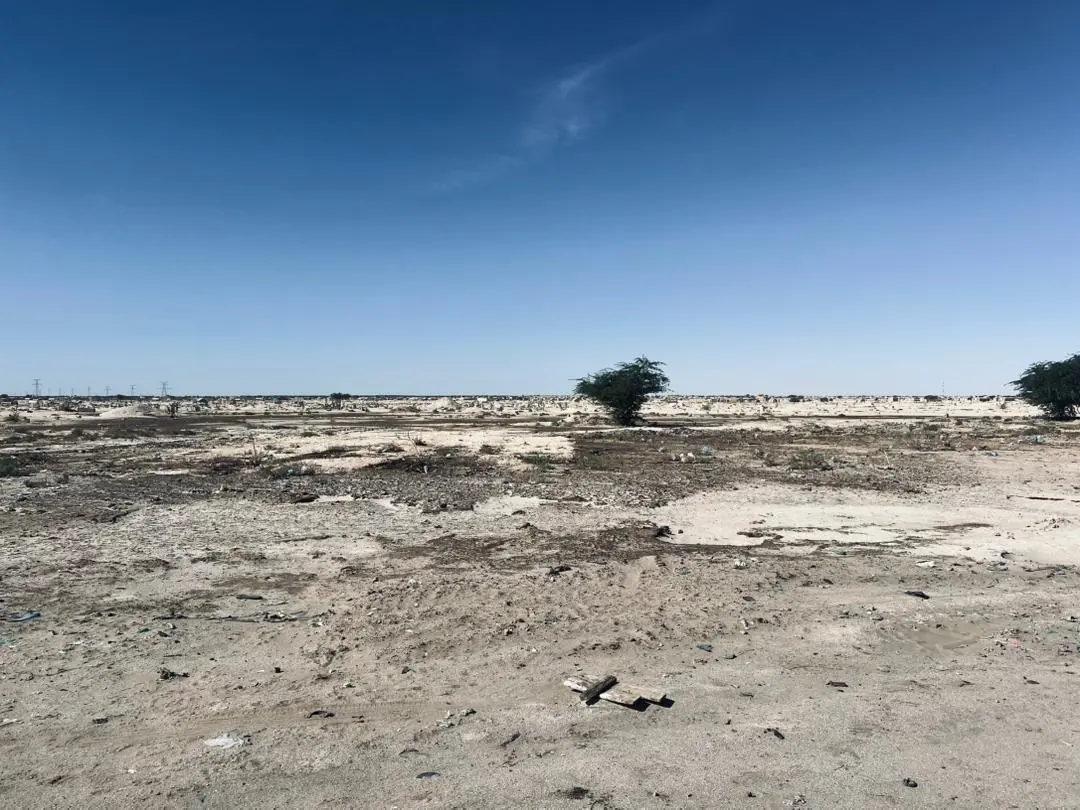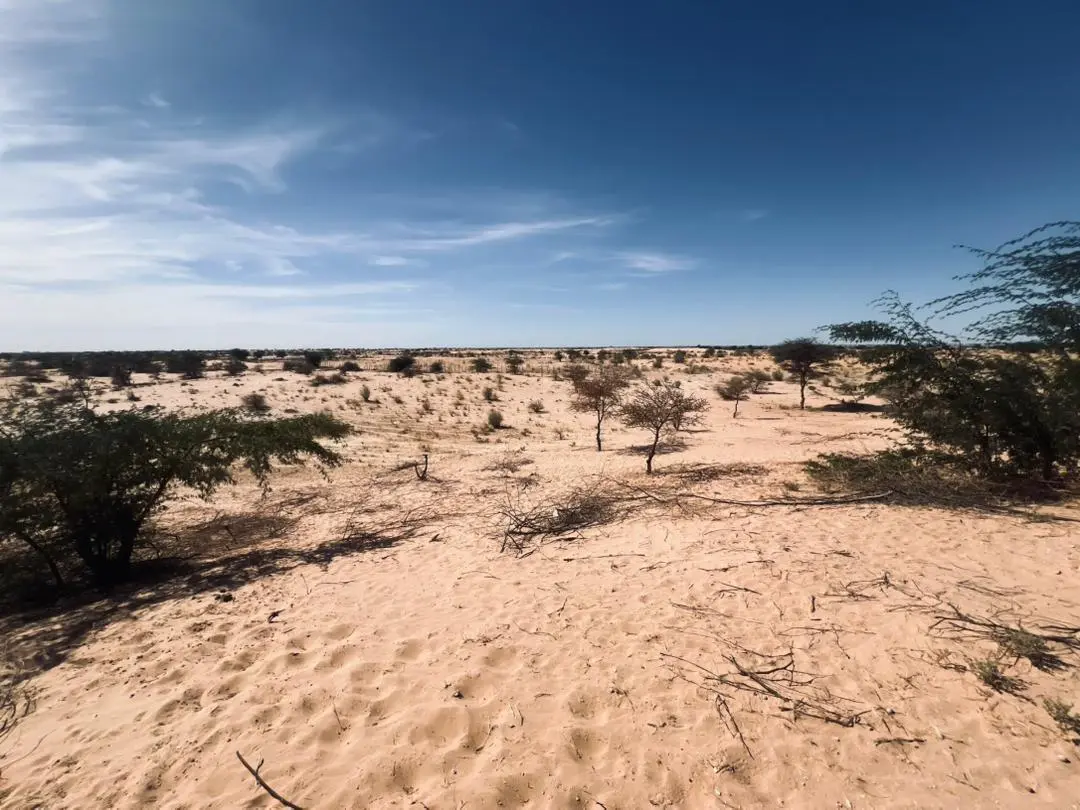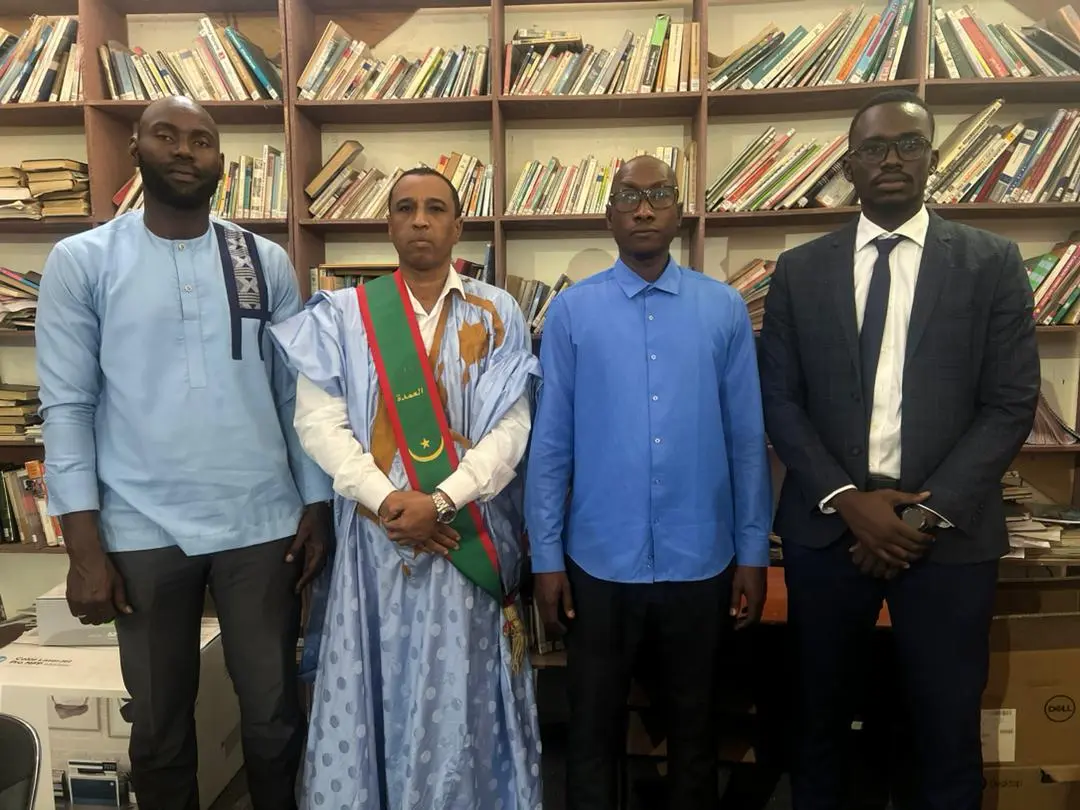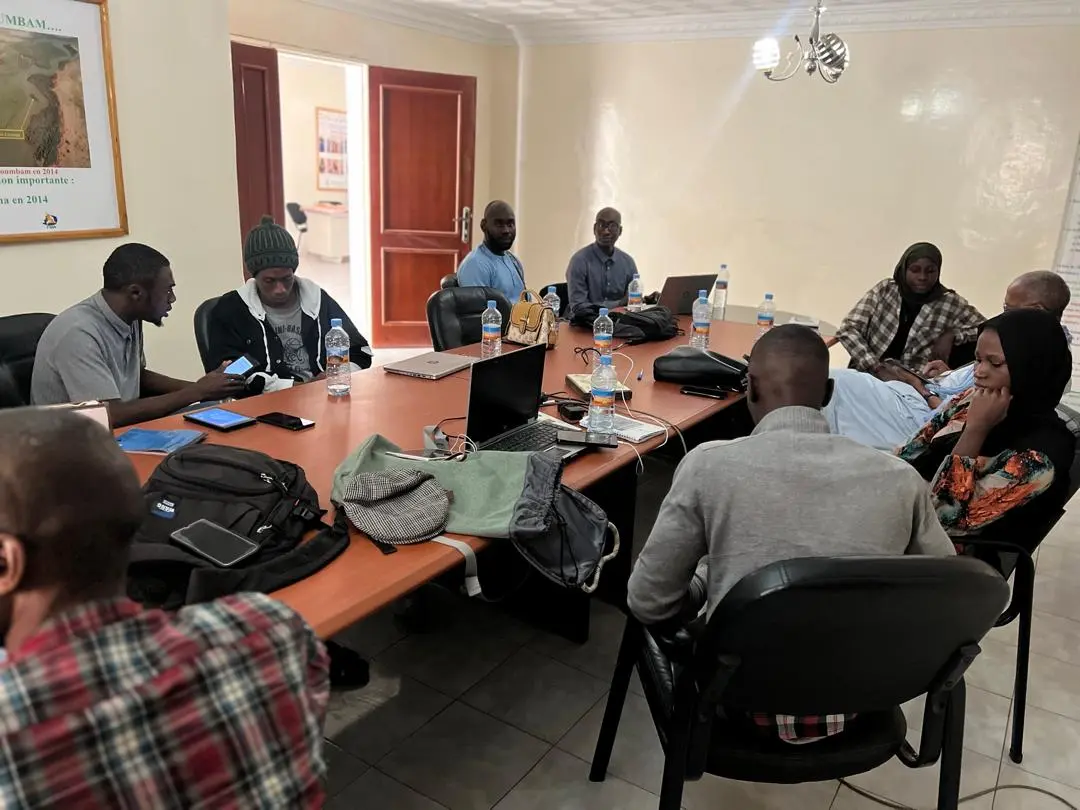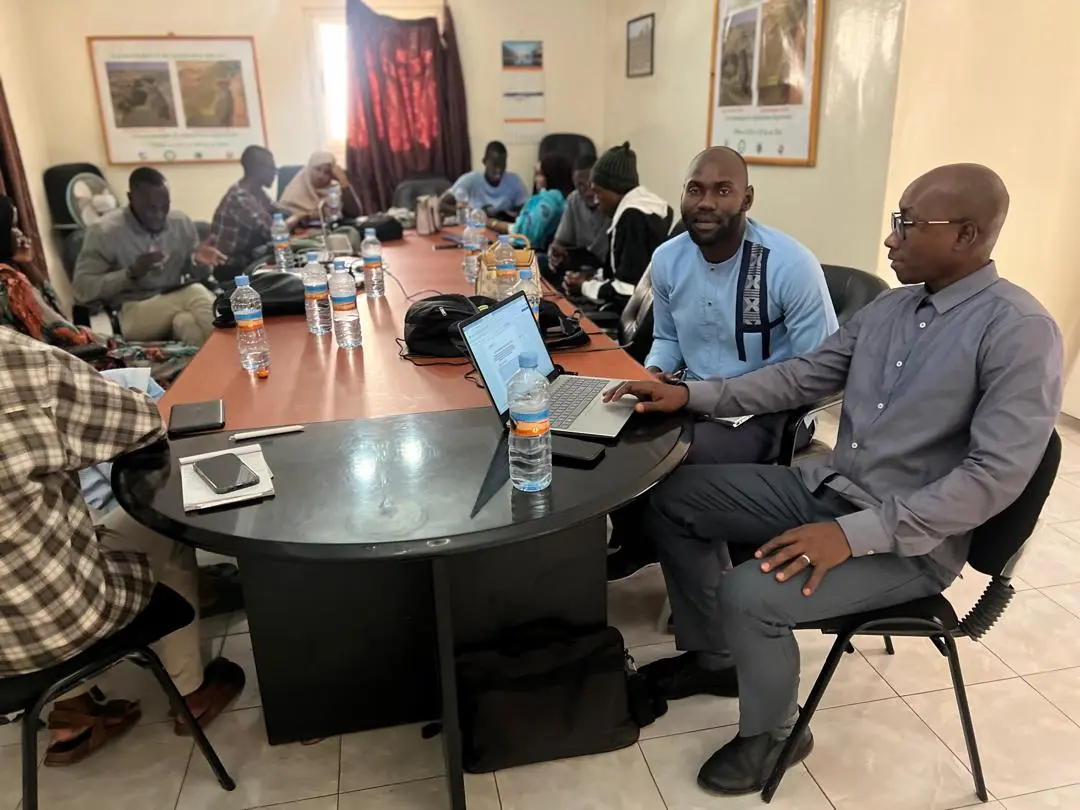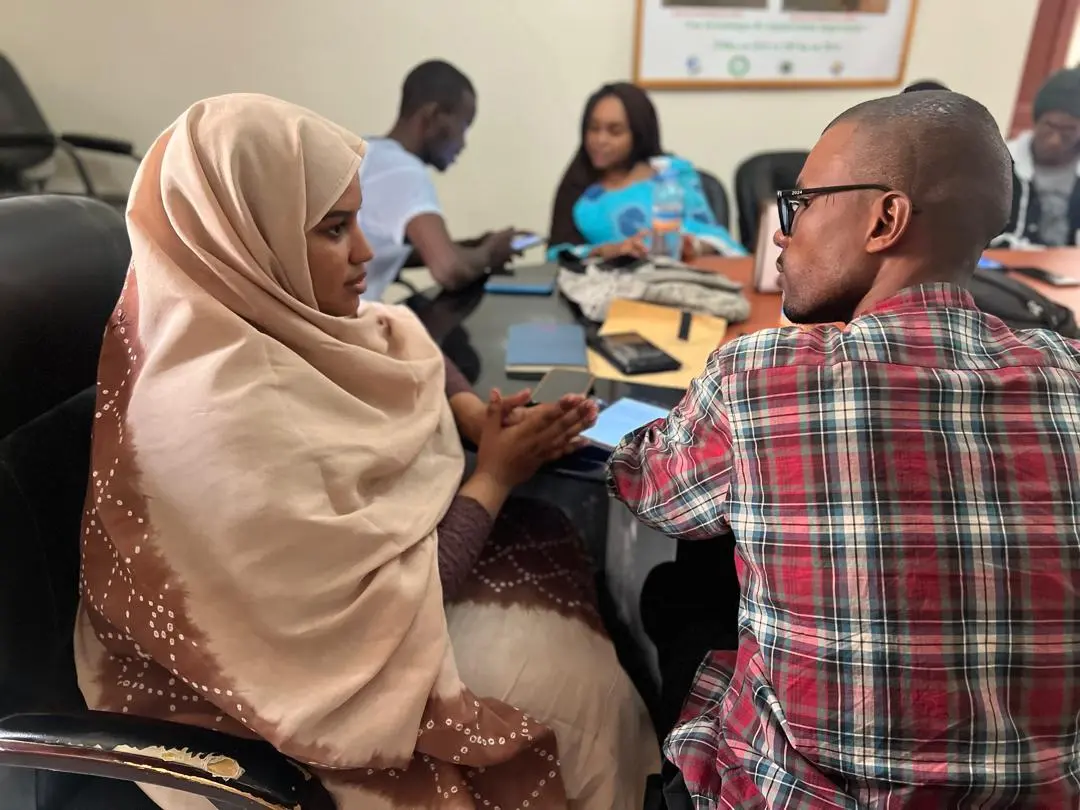Context:
As part of the project "Improving Sanitation, Designing Livable and Inclusive Cities, Initiating a Circular Economy," the firm FUTUR SARL has been commissioned by BORDA West Africa – Mauritania Office to conduct a baseline study aimed at establishing a qualitative and quantitative database in the targeted areas. This study will guide future technical, environmental, and social feasibility studies, and determine the optimal site for the construction of a pilot sludge treatment station.
Mission objective
As part of the project "Improving Sanitation, Designing Livable and Inclusive Cities, Initiating a Circular Economy," the firm FUTUR SARL has been commissioned by BORDA West Africa – Mauritania Office to conduct a baseline study aimed at establishing a qualitative and quantitative database in the targeted areas. This study will guide future technical, environmental, and social feasibility studies, and determine the optimal site for the construction of a pilot sludge treatment station.
Results achieved
The study has allowed for the creation of a reliable and usable database for project monitoring, to identify the needs, constraints, and opportunities related to emptying, and to pre-select sites that are technically and socially suitable to host the pilot station. It thus contributes to the planning of an inclusive, circular, and resilient sanitation system.
Our main interventions
The firm analyzed existing data, conducted surveys with households on their sanitation practices and health impacts, carried out semi-structured interviews with manual emptiers, operators, local authorities, and community leaders, and performed field visits to assess potential sites based on criteria of accessibility, safety, topography, and environmental risks, in collaboration with the BORDA Mauritania team.
